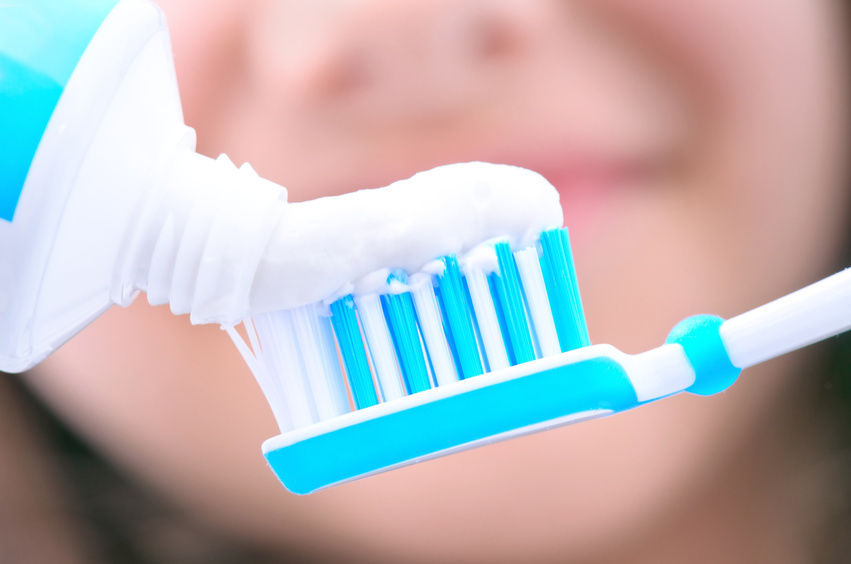A new study suggests that triclosan, an antimicrobial and antifungal agent found in many consumer products ranging from hand soaps to toys and even toothpaste, can rapidly disrupt bacterial communities found in the gut.
The research was published in PLOS ONE by scientists from Oregon State University. It was based on findings made with zebrafish, which researchers believe are an important animal model to help determine possible human biological and health impacts of this antimicrobial compound.
Triclosan was first used as a hospital scrub in the 1970s and now is one of the most common antimicrobial agents in the world, found in shampoos, deodorants, toothpastes, mouth washes, kitchen utensils, cutting boards, toys, bedding, socks and trash bags. It continues to be used in medical settings, and can be easily absorbed through the skin.
There has been a legacy of concern about exposure to microbial pathogens, which has led to increased use of these antimicrobial products. However, there's now a growing awareness of the importance of the bacteria in our gut microbiome for human health, and the overuse of antibiotics that can lead to the rise of 'superbugs.' There are consequences to constantly trying to kill the bacteria in the world around us, aspects we're just beginning to understand. In the new study, researchers found that triclosan exposure caused rapid changes in both the diversity and composition of the microbiome in the laboratory animals. It's not clear what the implication may be for animal or human health, but scientists believe that compromising of the bacteria in the intestinal tract may contribute to the development or severity of disease.
Some bacteria were more susceptible to the impact of triclosan than others, such as the family Enterobacteriaceae; and others were more resilient, such as the genus Pseudomonas.
